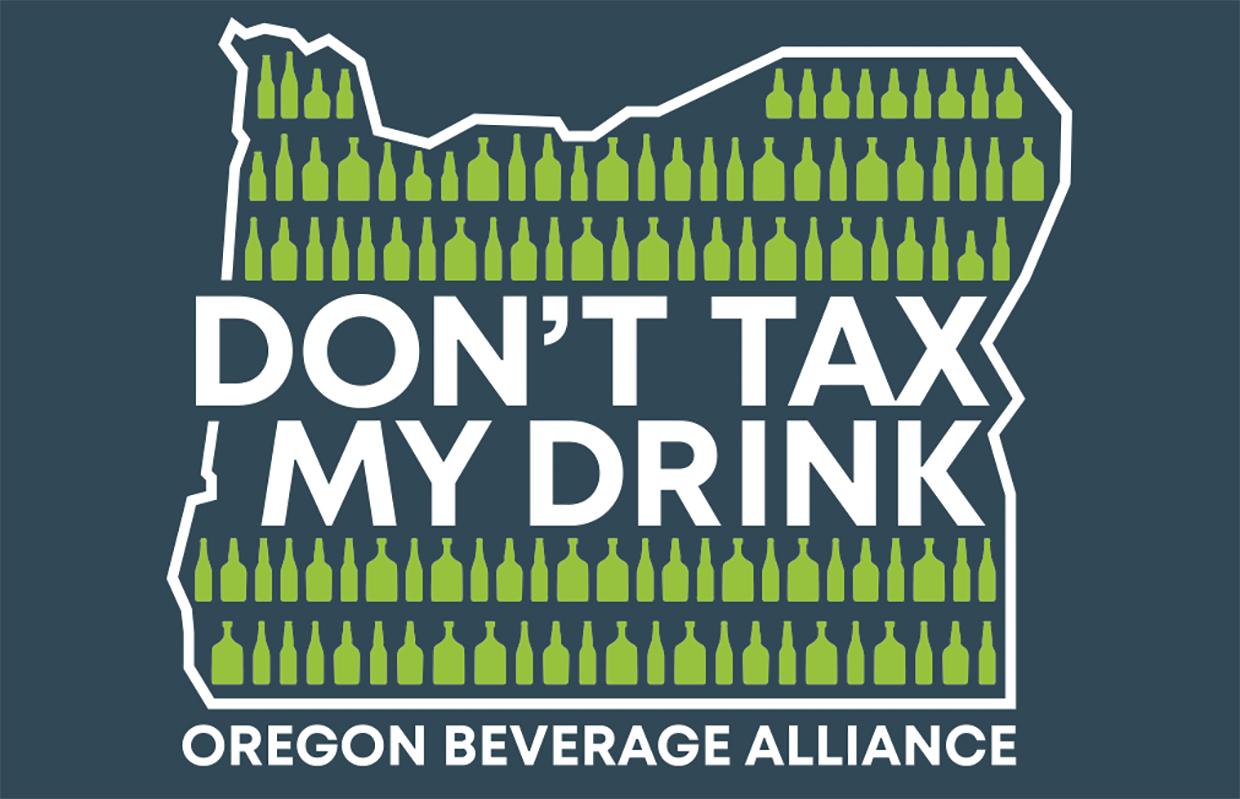
The Task Force on Alcohol Pricing and Addiction Services held its first meeting to examine tax increases on an industry essential to Oregon’s economy and identity.
“Oregon’s breweries, wineries and cideries are facing major challenges. Between inflation on the cost of ingredients, supply chain issues, employee shortages, natural disasters and a pandemic, these local businesses need the support of lawmakers and the public to survive. The last thing any local business needs are tax increases,” said the Oregon Beverage Alliance. “Representatives from Oregon beer, wine and cider are coming to the table and participating because they want to ensure the work of the task force is based on accurate data reflecting the true state of the industry.”
Facts:
- People are drinking less and volume of sales are down across the board.
- According to the National Institutes of Health’s annual Monitoring the Future survey, the 20-year trend of American teens drinking less continued into 2023. Most teens report they have never consumed alcohol.
- Cannabis is replacing drinking occasions. In states with legal cannabis, alcohol sales have declined.
“Oregon has a drug addiction problem, but not because of a lack of funding. Alcohol is already the third largest source of revenue for the state. Oregon spends more on drug addiction recovery and prevention than 75% of other states, yet we’re one of the worst in outcomes. And that was before passage of 2021’s $470 million behavior health package, Measure 110’s $300 million and $330 million from the opioid lawsuit settlement – more than $1 billion in new funding,” said the Oregon Beverage Alliance. “The state also has record breaking revenue forecasts largely because of the Corporate Activity Tax paid by businesses including breweries, wineries and cideries. Resources for 2023-2025 increased by $437 million. If that’s truly still not enough, instead of only 3% of alcohol taxes going to mental health and drug addiction services, the legislature should reallocate more rather than diverting it to general funds. Hundreds of millions of dollars are already available. We now need to work together to ensure these resources are deployed in a coordinated fashion on evidence-based treatments with accountability from providers.”
The task force was created when the state legislature passed HB 3610 last year creating a 20-member task force to examine increasing taxes on Oregon’s breweries, cideries and wineries. The 20-seat task force only has six seats for representatives of the beer, wine and cider sectors, while many are taken by the Oregon Health Authority and addiction recovery and prevention providers, recipients of alcohol tax revenue.
The task force will hold several more public meetings and is supposed to report findings to the state legislature in September 2024.






1 Trackback / Pingback